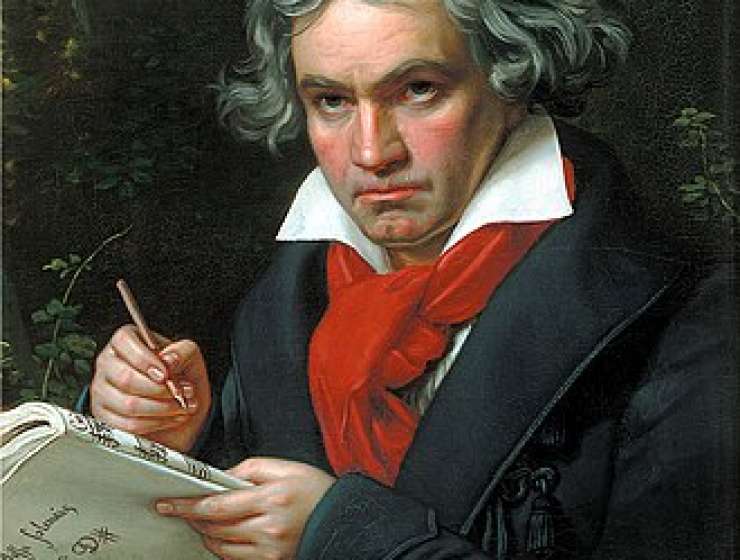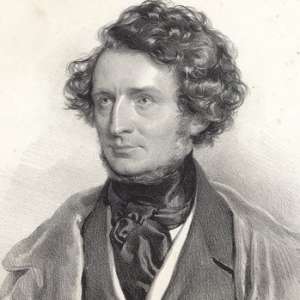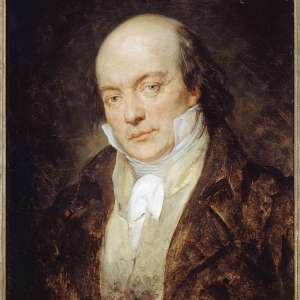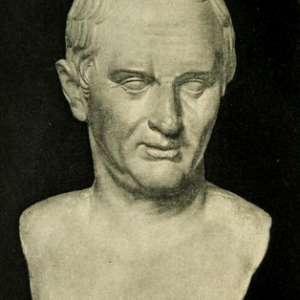
Imagine directing an orchestra you can’t hear. Or playing a soundless piano for a staring audience.
Most know classical composer Ludwig van Beethoven struggled with deafness — but many don’t realize how much of a struggle it was. Beyond composing without hearing a note, Beethoven grappled with living in the 1800s when few understood deafness, hindering his ability to communicate, work as a musician and even find a place to live. How he dealt with this deafness is one of the great stories of humanity, not just of music.










































